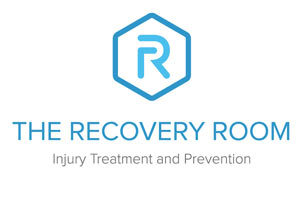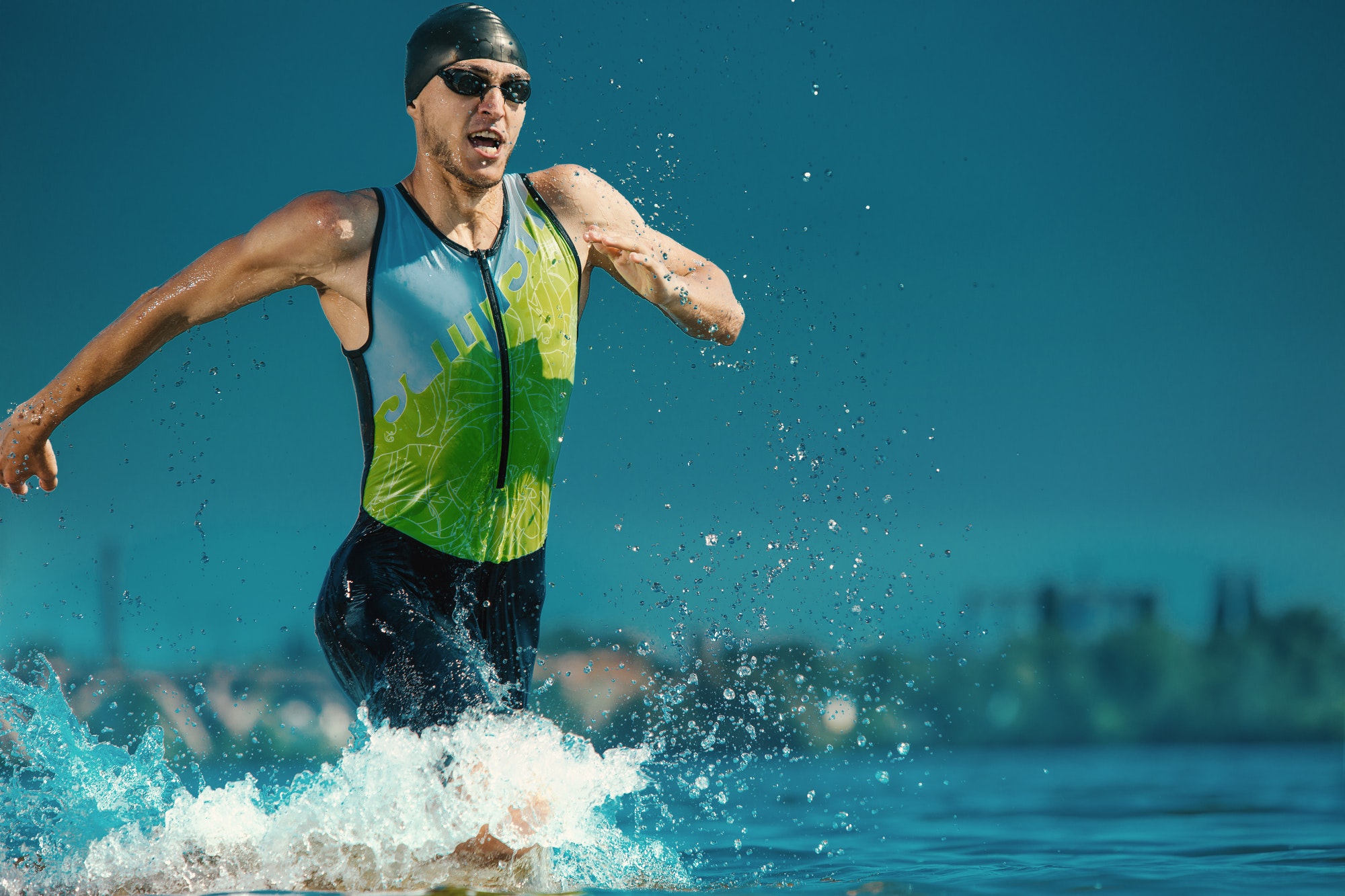Plantar Fasciitis in Athletes & Effective Treatments
By James Kirkpatrick
Impact of Plantar Fasciitis on Athletes
Athletes, with their rigorous training regimens and high-intensity activities, are particularly susceptible to foot injuries, including plantar fasciitis.
Foot injuries like plantar fasciitis can be especially debilitating, affecting their performance and career. The repetitive stress placed on the feet during training and competition increases the risk of developing plantar fasciitis, making it a common concern among athletes of all levels and disciplines.
This can hinder their ability to run, jump, and pivot effectively, leading to decreased performance and potential setbacks in their athletic pursuits.
Treatment Approaches Tailored for Athletes
Effective treatment of plantar fasciitis requires a tailored approach that addresses unique needs and goals. While rest and conventional treatments may benefit some individuals, athletes often require more aggressive interventions to expedite recovery and minimise downtime.
Shockwave Therapy
Shockwave Therapy has emerged as a highly effective treatment option for athletes with plantar fasciitis. This non-invasive procedure delivers acoustic waves to the affected area, stimulating blood flow, promoting tissue regeneration, and reducing inflammation.
Unlike traditional treatments, Shockwave Therapy offered at The Recovery Room can provide rapid relief from symptoms and allows runners and athletes to return to training and competition sooner. Its ability to target deep tissue structures makes it particularly well-suited for addressing the underlying causes of plantar fasciitis in athletes.
Physical Therapy and Rehabilitation
Physical therapy plays a crucial role in the recovery process for plantar fasciitis. I develop a custom rehabilitation program, incorporating stretching exercises, strengthening exercises, and manual therapy techniques, which can help improve flexibility, reduce pain, and restore optimal function.
This enables us to address biomechanical imbalances, correct faulty movement patterns, and prevent recurrence of plantar fasciitis.
Additionally, we use a range of targeted exercises can help build strength and stability in the foot and ankle, enhancing overall performance and reducing the risk of future injuries.
Orthotic Devices & Footwear Modifications
Orthotic devices, such as custom-made shoe inserts or heel cups, can provide support and cushioning needed to alleviate pressure on the plantar fascia and reduce pain.
These devices help distribute weight evenly across the foot, minimising stress on the affected area and promoting healing.
In addition to orthotic devices, modifications to footwear can also play a significant role in managing plantar fasciitis.
Choosing shoes with adequate arch support, cushioning, and stability can help prevent excessive pronation and reduce strain on the plantar fascia during athletic activities.

Frequently Asked Questions
Q: Can I continue to train with Plantar Fasciitis?
A: While it’s important to rest and allow time for healing, many can continue to train with modified routines and proper treatment. I will help develop a plan that balances recovery with maintaining fitness when appropriate.
Q: How long does it take to recover from Plantar Fasciitis?
A: Recovery times vary depending on the severity of the condition and the effectiveness of treatment. With appropriate care and monitoring, some clients experience improvement within a few weeks to a few months.
Q: Are there any exercises I should avoid with Plantar Fasciitis?
A: Certain high-impact activities, such as running and jumping, may exacerbate symptoms of plantar fasciitis.
I can recommend alternative exercises that minimise stress on the affected area while maintaining cardiovascular fitness.
Q: Is surgery necessary to treat Plantar Fasciitis?
A: Surgery is typically considered a last resort for severe cases of plantar fasciitis that do not respond to conservative treatments. Most clients can achieve significant relief and improvement with non-invasive therapies.
Summary
Plantar fasciitis is a common and often debilitating condition for athletes, but with the right treatment approach, recovery is possible.
By utilising targeted treatments such as Shockwave Therapy, physical therapy, and orthotic devices, athletes can overcome plantar fasciitis and return to peak performance.
If you’re an athlete struggling with plantar fasciitis, don’t let it sideline your athletic career.
Contact me, to explore personalised treatment options and get back to doing what you love.
Together, we’ll develop a comprehensive treatment plan tailored to your specific needs and goals, allowing you to recover from plantar fasciitis.





